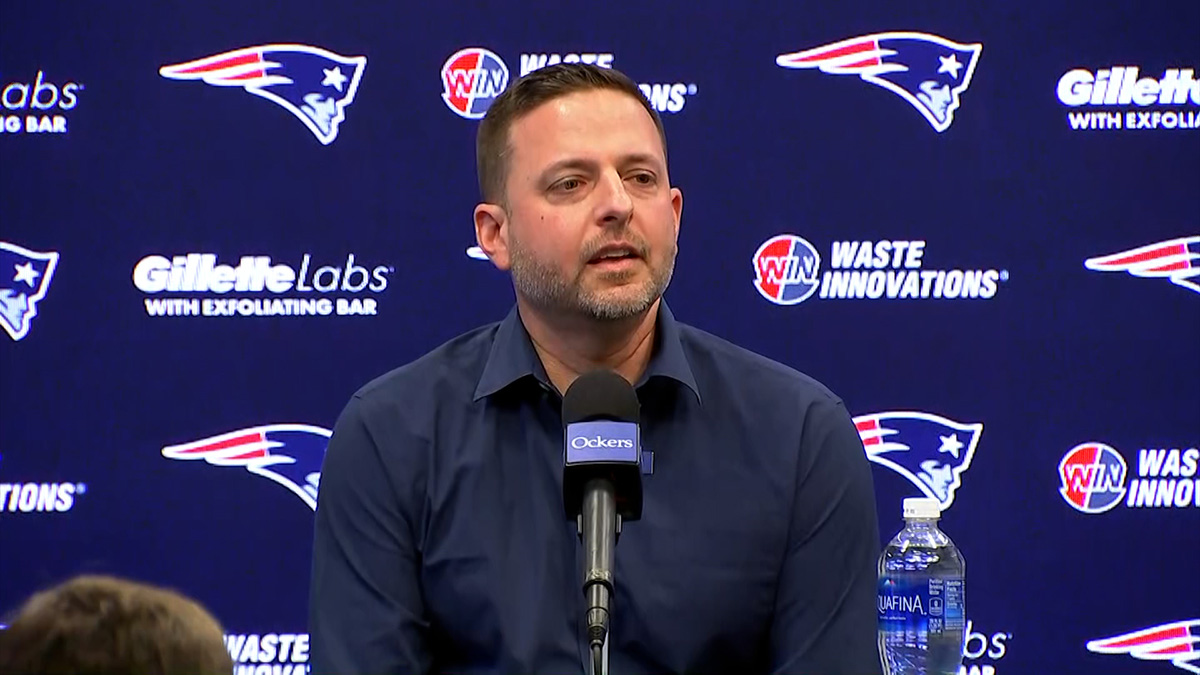DraftKings was prepared for this morning’s decision.
Hours after the Supreme Court allowed each state to legalize sports gambling on Monday morning, Boston-based DraftKings put out a press release announcing that the daily fantasy sports company will enter the sports betting market.
“Our mission has always been to bring fans closer to the sports they love and now, thanks to the wisdom of the Supreme Court, DraftKings will be able to harness our proven technology to provide our customers with innovative online sports betting products,” Jason Robins, CEO and co-founder of DraftKings, said in a statement. “This ruling gives us the ability to further diversify our product offerings and build on our unique capacity to drive fan engagement.”
DraftKings said that the company was anticipating a favorable decision from the Supreme Court, thus it has been preparing since 2017 to launch a sports betting platform for mobile.
However, DraftKings will have to work with state regulatory officials “to apply for operating licenses in those states that have already passed legislation authorizing sports betting.” In Massachusetts, the company will first have to wait for the legislature to pass a law allowing sports gambling, BBJ reported.
Even with the opening of a new line of business, the company said it will remain “fully committed” to its daily fantasy sports business, which will still be “a major focus” for the company.
Founded in 2012, DraftKings raised a total of $715 million. DraftKings customers pick a daily fantasy sports contest (across 10 professional sports) and compete in single-day, online games for money prizes.
Local
In-depth news coverage of the Greater Boston Area.
On Monday, the Supreme Court ruled to strike down the Professional and Amateur Sports Protection Act (PASPA), a 1992 federal law that was meant to protect the integrity of sports by prohibiting most states from authorizing sports betting.
The result is that now, Congress can regulate sports gambling directly, “but if it elects not to do so, each state is free to act on its own.” Justice Samuel A. Alito Jr. wrote for the majority.



